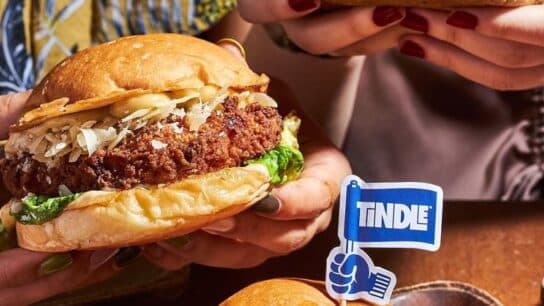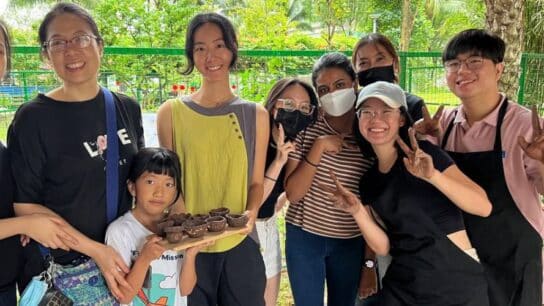In the scramble to reduce waste in Melbourne, the unofficial coffee capital of the world, Pak360 wants to complete the circle from cup to compost.
Bringing your own reusable cup to your local coffee shop is one way to reduce your carbon footprint, but it’s not everyone’s cup of tea. “Everyone should be using reusable cups, but the truth is, they aren’t convenient. Approximately 80% of reusable cups sold are used for less than a week before they are put back on the shelf,” says Cameron Waters, Founder of Melbourne-based compostable packaging company Pak360 alongside his brother Ashley. Currently operating in Melbourne and Sydney, they focus on a fully circular solution to the waste disposal problem. Pak360 manufactures compostable packaging ranging from cups to takeaway boxes – plus they provide an easy method of disposing of them via collection points. Cameron talked Hive Life through their proposition for an end-to-end solution.
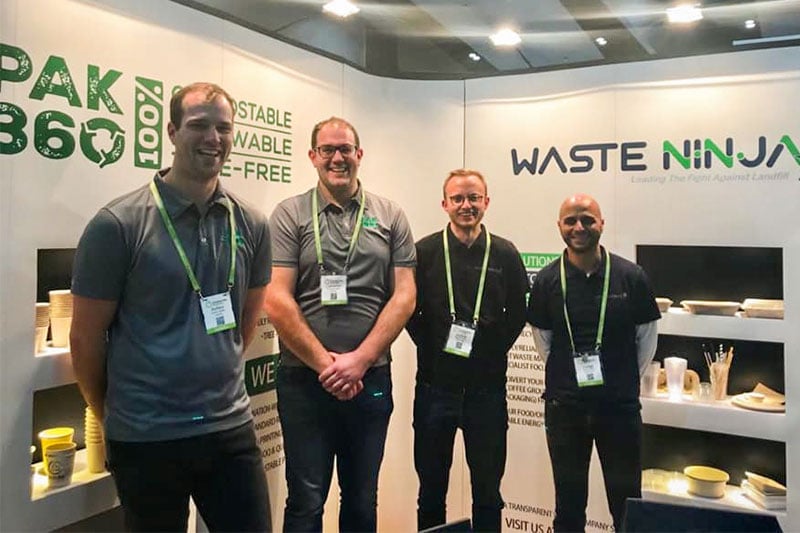
The need for eco-friendly packaging is on the rise not only in Melbourne, but across the world. “Each week, you see more and more cafés open that are creating packaging waste, food waste and coffee grounds,” says Cameron. To tackle this issue, Pak360 supplies packaging made from tree-free materials such as wheat straw, bamboo and sugarcane. Then, once they’re broken down via commercial composting, food waste can be diverted from the landfill and used in other ways. “Cafés, restaurants and office buildings are currently our largest customer base. Our main impact so far has been allowing businesses to significantly reduce their environmental impact easily and cost-effectively,” says Cameron. “Compostable packaging allows other waste streams, such as general waste, to be reduced and organic waste streams to significantly increase.”
You might also like Smart Bins: The Key to Cleaner Cities?
But, for him, creating a product good for the planet is only one part of the solution. “Creating compostable packaging is only the first half of our business. Consumers also need to have the option to dispose of their used packaging and food waste in the right way,” he says. That’s why Pak360 makes it easier for them to do just that by setting up easy-to-spot collection points in cafés, restaurants, offices and retail outlets for consumer convenience. Waste is then collected and treated by their affiliated specialist organic waste provider, Melbourne and Sydney based start-up Waste Ninja, before it’s used in garden centres and farms where the remnants provide beneficial nutrients to the soil. Additionally, composting waste feeds back into the energy system. “A biogas plant captures methane and produces energy, which is placed back into the grid,” says Cameron.
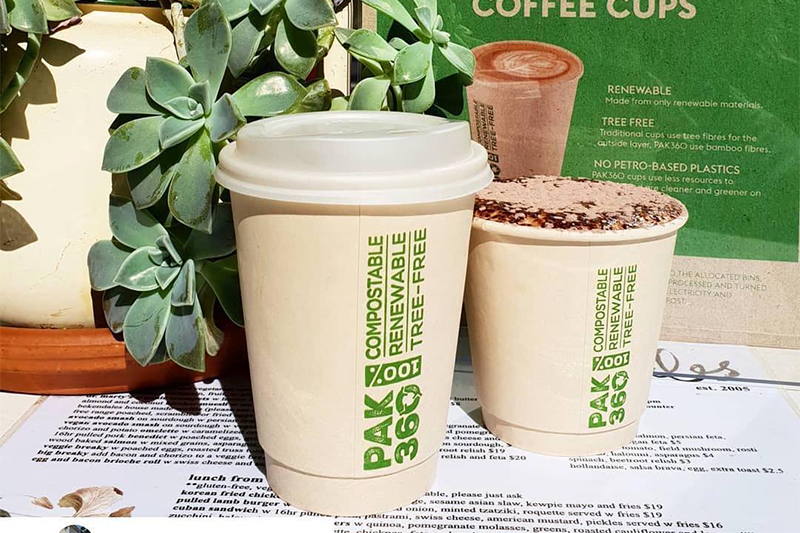
For Pak360, the key to heavy adoption lies in integrating their solutions locally so that composting becomes an easy, almost subconscious habit. “Most of the time, the café owner will mention to their customers that they can return their packaging to store so it can be composted. We find this works well as locals trust their favourite barista,” says Cameron. “We find a lot of our business comes from referrals from happy customers. For example, once a school loves what you do, they tell most other schools in the area. Over time, organics and compost bins will be a part of everyday life, and it will be normal to dispose of your compostable packaging correctly.”
Working at their family stockfeed manufacturing company, brother duo Cameron and Ashley were motivated to be self-starters. “We worked together in other family businesses before starting Pak360. This was where we first got a taste of running our own business and working for ourselves,” says Cameron. It’s also where they first saw a business opportunity. “Being involved with farming and stockfeed processing, we could see the amount of fibre that is wasted each year on farms. When wheat is grown, only the top part of the plant is harvested. A 20 to 40 cm high stalk is left in the ground, which is usually a waste product. Our initial inspiration was to find a higher value for this fibre and use it to create a packaging product. After a lot of research, we found a company we would work with to create our first product – a takeaway cup made from wheat straw.” And their next steps beyond food packaging? “We are currently working on a product for the childcare industry – the product is easy to guess and you wouldn’t believe how many are disposed of each and every day,” Cameron hints.
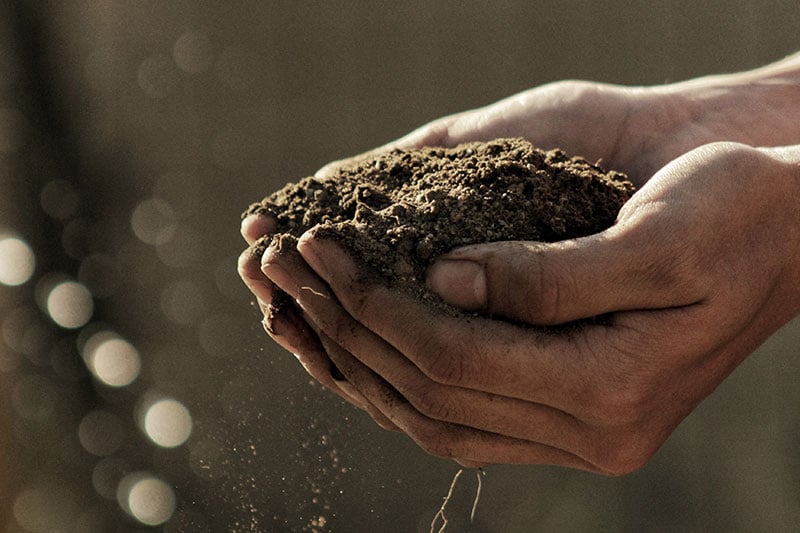
Multiple corporations are hopping on the bandwagon to create sustainable products, but Cameron cautions that this can sometimes be for the wrong reasons. “A lot of companies out there ‘greenwash’ by manipulating words that consumers think are environmentally friendly,” he declares. “Companies use the word ‘biodegradable’ with a traditional plastic product to trick consumers into thinking they are using a sustainable product. But, consumers are becoming aware of this.” In this way, Pak360 aims to be transparent. “We don’t use the word biodegradable, as it is not the correct word to describe a compostable product. We ensure everything is very well labelled and that compost bins don’t look like a normal bin. The important part is to make it very simple.” And, if they can do that, the hope is widespread adoption that really could move the needle on a whole country’s day-to-day habits. “In five years, we plan to be operating in every capital city in Australia. Don’t try to change every habit in one day – it will be hard. Make a small change every couple of weeks and stick to it. Every little bit helps.”
Related Articles
Vietnamese Architecture Firm VTN Architects is Building Greener Cities
Bamboo Master: Rediscovering the Next Super-Material
Breaking Down Biohacking: Silicon Valley’s Hottest New Health Craze


